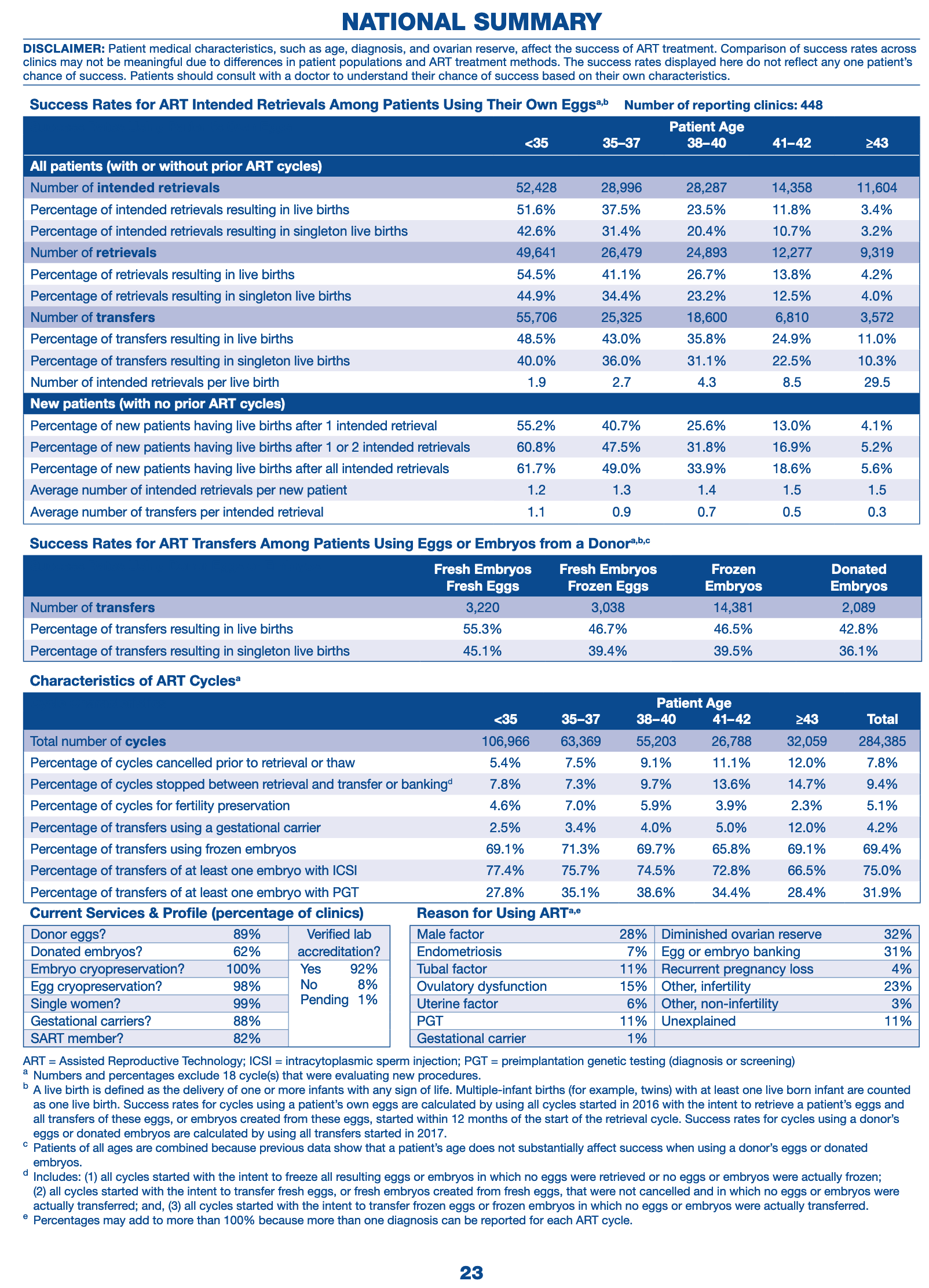All Categories
Featured
Table of Contents
What Do I Need To Know To Hire A What Is Fertility Center New Mexico?
Many individuals need fertility support. This consists of guys and females with infertility, lots of LGBTQ people, and single people who want to raise kids. An estimated 10% of ladies report that they or their partners have ever received medical aid to conceive. In spite of a need for fertility services, fertility care in the U.S.

Typically, fertility services are not covered by public or personal insurers. Fifteen states need some personal insurance providers to cover some fertility treatment, but significant spaces in protection stay. Just one state Medicaid program covers any fertility treatment, and no Medicaid program covers artificial insemination or in-vitro fertilization.

This implies that in the lack of insurance protection, fertility care is out of grab numerous individuals. Less Black and Hispanic ladies report ever having utilized medical services to end up being pregnant than White ladies. This is a result of lots of elements, including lower incomes on average among Black and Hispanic females in addition to barriers and mistaken beliefs that might dissuade females from seeking support with fertility.
What Is The Best Ivf Centers Albuquerque Nm Service In My Area?
Transgender people going through gender-affirming care might also not satisfy requirements for "iatrogenic infertility" that would qualify them for covered fertility preservation. Lots of people need fertility help to have children. This might either be due to a medical diagnosis of infertility, or since they are in a same-sex relationship or single and desire children.

Fertility treatments are pricey and typically are not covered by insurance. While some personal insurance coverage strategies cover diagnostic services, there is extremely little coverage for treatment services such as IUI and IVF, which are more pricey. Many people who use fertility services need to pay out of pocket, with costs frequently reaching thousands of dollars.
About 25% of the time, infertility is triggered by more than one element, and in about 10% of cases infertility is unexplained. Infertility quotes, nevertheless do not account for LGBTQ or single people who may also require fertility assistance for household building. Therefore, there are diverse factors that might trigger people to seek fertility care. cheapest dumpster rental.
What Is The Best Fertility Company Albuquerque Nm?
35.1541784519586,-106.32781674977Client Information Series. 2017 Our analysis of the 2015-2017 National Study of Family Development (NSFG) finds that 10% of ladies ages 18-49 say they or their partner have ever spoken with a doctor about ways to help them end up being pregnant (information not shown).3 Among ladies ages 18-49, the most typically reported service is fertility guidance ().
Numerous patients lack access to fertility services, mostly due to its high cost and restricted coverage by personal insurance coverage and Medicaid. As an outcome, many individuals who utilize fertility services need to pay of pocket, even if they are otherwise guaranteed. Expense expenses vary commonly depending upon the patient, state of house, company and insurance plan (cost of dumpster rental).
Figure 3: Fertility Treatments Usually Cost Patients Countless Dollars Insurance coverage of fertility services differs by the state in which the person lives and, for individuals with employer-sponsored insurance, the size of their company. Many fertility treatments are not thought about "clinically needed" by insurance provider, so they are not typically covered by personal insurance plans or Medicaid programs.
Is It Worth Paying For Fertilization Center Albuquerque Nm?
g., testing) are more most likely to be covered than others (e. g., IVF). A handful of states require coverage of fertility services for some fully-insured personal plans, which are controlled by the state. These requirements, however, do not apply to health insurance that are administered and moneyed straight by employers (self-funded strategies) which cover 6 in ten (61%) employees with employer-sponsored health insurance coverage.
2 states (CA and TX7) require group health prepares to provide a minimum of one policy with infertility protection (a "required to use"), however employers are not required to select these strategies. Figure 4: The Majority Of States Do Not Need Personal Insurance Providers to Supply Infertility Benefits Nevertheless, in states with "required to cover" laws, these just apply to specific insurance companies, for specific treatment services and for particular clients, and in some states have financial caps on costs they must cover ().
In other states, nearly all insurers and HMOs are consisted of in the required (affordable dumpster rental). Lots of states provide exemptions for little companies (
Latest Posts
Who Has The Best Fertility Center Albuquerque Nm?
Who Has The Best Fertility Site New Mexico?
How Do I Choose A Fertility Reproductive Center Albuquerque Nm Service?